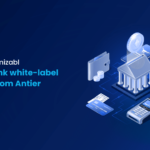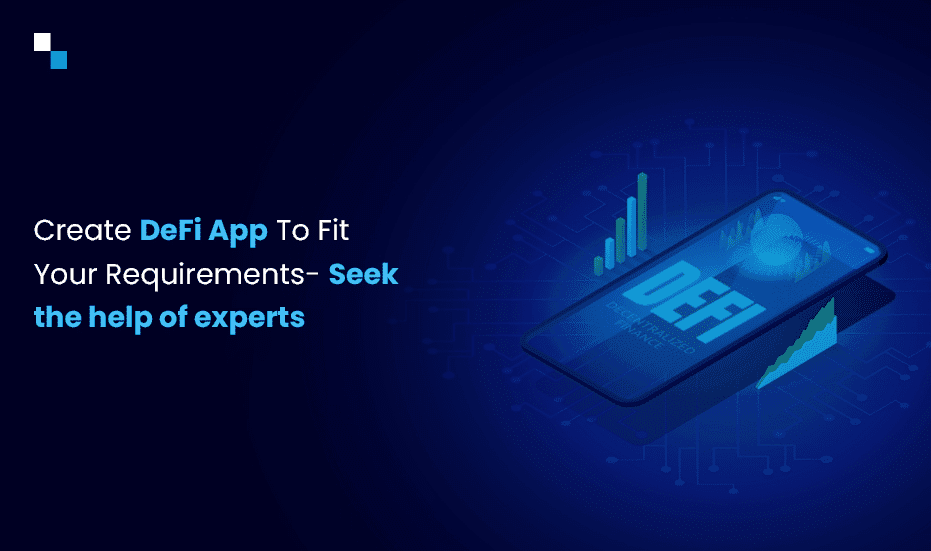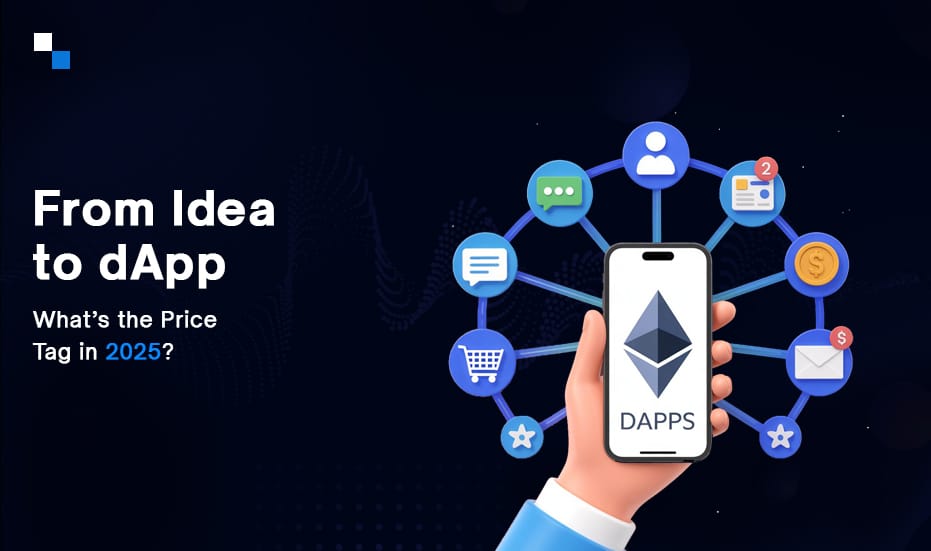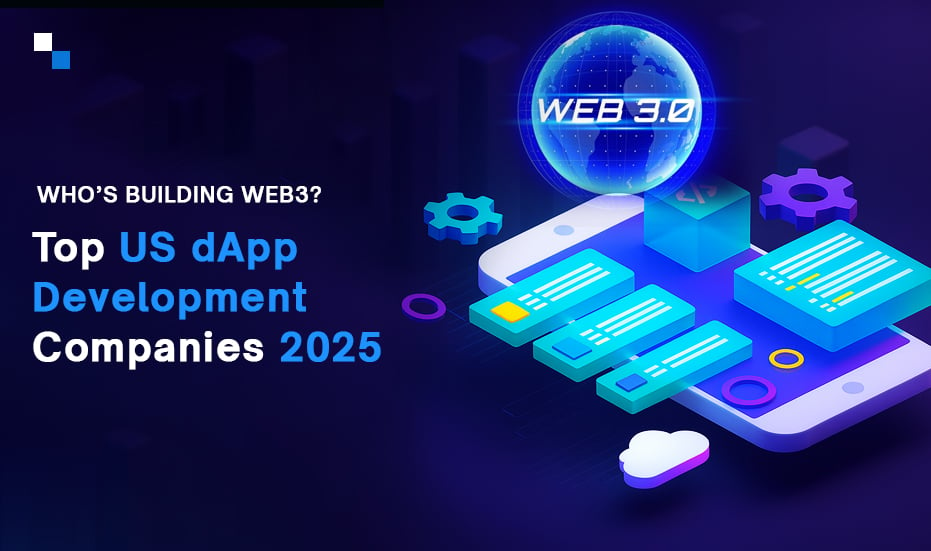Decentralized finance (DeFi) has been gaining much attention in recent years, as it offers an alternative to traditional financial systems. DeFi apps are decentralized applications that are built on blockchain technology, and they offer a wide range of financial services such as lending, borrowing, and trading.
DeFi app development services are in high demand, as more and more businesses and individuals are looking to take advantage of the benefits that DeFi has to offer. DeFi apps offer a number of advantages over traditional financial systems, including increased security, transparency, and accessibility.
In this blog, we will demystify DeFi App development in 2023 and beyond. We will also discover fundamentals that are necessary to create DeFi App.
The steps involved in the development of a DeFi app include
Step 1 : Idea and Problem Identification: The first step is to identify a problem in the financial industry that can be solved using DeFi. This could be anything from creating a decentralized lending platform to a decentralized trading platform.
Step 2 : Blockchain Platform Selection: Once you have identified the problem, you need to choose the right blockchain platform to build your app on. There are several different blockchain platforms to choose from, including Ethereum, EOS, and TRON. Each platform has its own strengths and weaknesses, so it’s important to choose the one that best fits your needs.
Step 3 : Design and Development: This step involves creating a user-friendly interface, as well as developing the smart contracts and other code that will run on the blockchain. This also includes developing the smart contract and other code that will run on the blockchain.
Step 4 : Security and Testing: Before launching the app, it is important to conduct a thorough security audit, as well as test the app with a small group of users. It is important to ensure the app is secure and stable enough to handle the high volume of transactions typical in DeFi apps.
Step 5 : Deployment and Launch: Once you are confident that your app is secure and stable, you can deploy it to the public. This involves listing your app on a decentralized exchange and making it available to users.
Step 6 : Maintenance and Upgradation: After the launch, it is important to keep the app updated with new features and security updates. This will help to keep the app running smoothly and to ensure that it continues to meet the needs of its users.
Let’s dig deep into how DeFi Apps can be used in transforming business and enterprises.
Decentralized finance (DeFi) apps have a wide range of use cases, as they can provide financial services in a decentralized and trustless manner. Some of the most popular use cases for DeFi apps include:
- Lending and borrowing : DeFi apps can provide peer-to-peer lending and borrowing services, allowing individuals to lend and borrow money without the need for a traditional bank.
- Trading : DeFi apps can also provide decentralized trading platforms for digital assets such as cryptocurrencies.
- Stablecoins : DeFi apps can provide stablecoin services, which are cryptocurrencies pegged to the value of a fiat currency or other asset. This helps to mitigate the volatility of traditional cryptocurrencies.
- Insurance : DeFi apps can provide decentralized insurance services, where users can pool their money together to provide insurance for various events.
- Prediction markets : DeFi apps can provide decentralized prediction market platforms, where users can make predictions about future events and earn rewards if their predictions are correct.
- Identity verification : DeFi apps can provide decentralized identity verification services, allowing users to prove their identity without the need for a centralized authority.
- Governance : DeFi apps can provide decentralized governance services, allowing users to vote on important decisions and proposals related to the app.
- Yield farming : DeFi apps can provide yield farming opportunities, which is the process of lending or staking assets to earn interest on them.
These are just a few examples of the many use cases for DeFi apps. As the DeFi ecosystem continues to grow and evolve, new use cases and applications are likely to emerge.
It is imperative that you hire Defi App development services to create DeFi App for your enterprise. Given below are some of the capabilities that a Defi Development service must have:
Developing a decentralized finance (DeFi) app requires a number of technological capabilities, including :
- Blockchain technology : DeFi apps are built on blockchain technology, which provides the decentralized and trustless infrastructure required for these types of apps. Developers need to have a good understanding of blockchain technology and the specific blockchain platform they are building on.
- Smart contract development : DeFi apps rely heavily on smart contracts, which are self-executing contracts with the terms of the agreement written directly into code. Developers need to have experience in creating and deploying smart contracts on the blockchain.
- Cryptography : DeFi apps handle sensitive financial data and assets, so they need to be secured using strong cryptography. Developers need to have a good understanding of cryptography and how to implement it to secure the app.
- Token creation : Many DeFi apps involve the creation and issuance of tokens, which are digital assets that can be used within the app. Developers need to have experience in creating and managing tokens on the blockchain.
- API integration : DeFi apps often need to integrate with other platforms and services, such as decentralized exchanges or identity verification services. Developers need to have experience in integrating with APIs and building API-driven systems.
- User experience and interface design : DeFi apps need to be user-friendly and easy to use, so developers need to have experience in designing and building user interfaces.
- Scalability : DeFi apps can handle high volume of transactions and needs to be able to scale to meet the demands of users. Developers need to have experience in building scalable systems.
- Security : Security is a critical aspect of DeFi app development, as these apps handle sensitive financial data and assets. Developers need to have experience in building secure systems and knowledge of the latest security best practices.
Conclusion
It’s important to note that DeFi App development is a complex process that requires a high level of expertise and experience. As such, many businesses and individuals choose to work with a team of professional DeFi app development services to ensure that their app is developed correctly and launched successfully. Antier is a renowned DeFi App development services provider that can help you create DeFi App to create your own place in the market. Contact our teams today to know more about DeFi App development.







